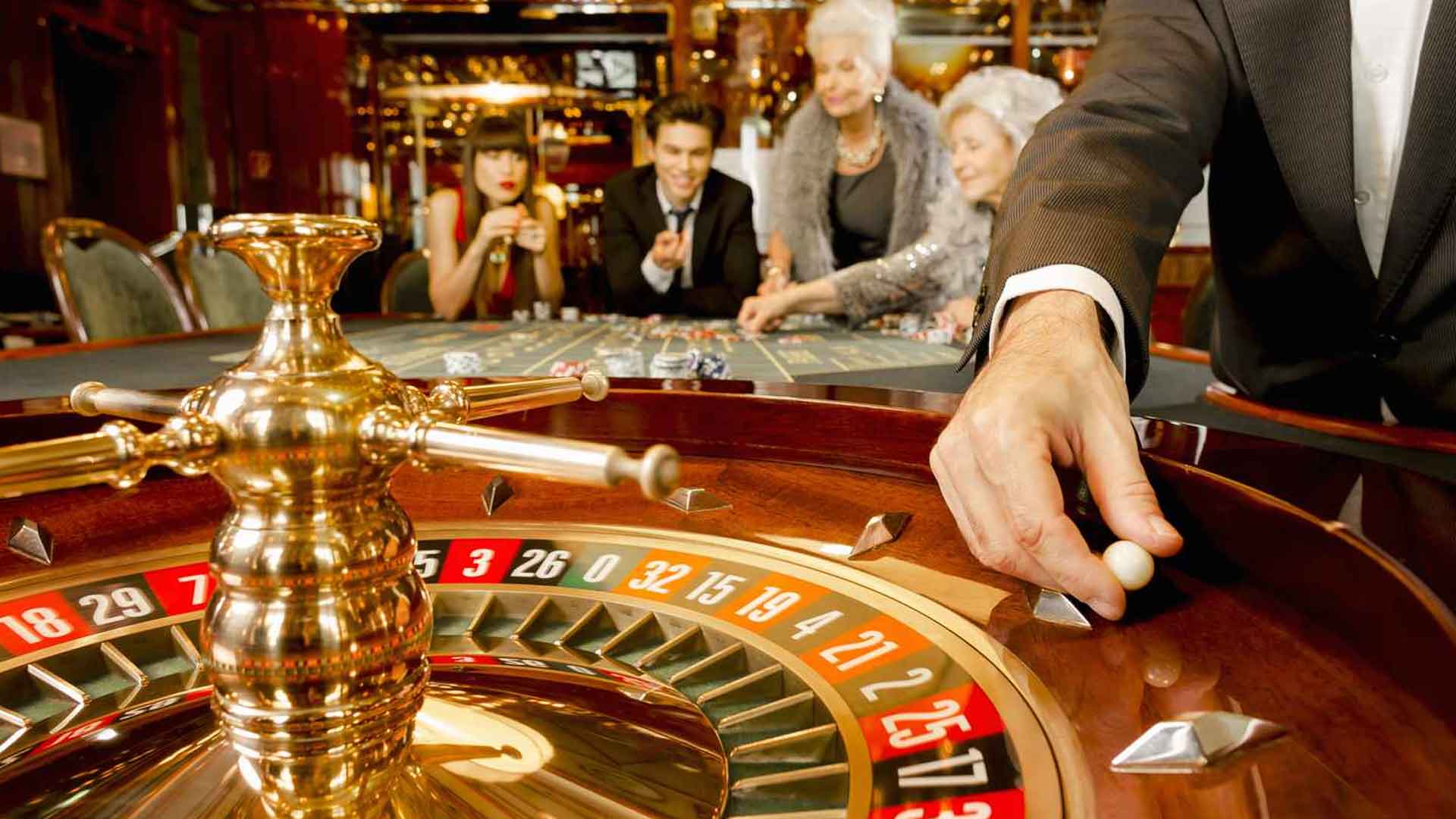The Legacy of Ancient Casino-Like Games
```htmlThe Legacy of Ancient Casino-Like Games
The allure of games of chance, skill, and wagering has captivated humanity for millennia. While the gleaming casinos of Las Vegas and Macau represent the modern pinnacle of this entertainment, the roots of these pastimes run deep, reaching far back into the annals of history. The legacy of ancient casino-like games is a fascinating tapestry woven with threads of social interaction, economic exchange, and the inherent human desire to test one's luck.
Evidence suggests that gambling, in various forms, predates recorded history. Archaeological discoveries have unearthed dice made from bone, carved stones, and other materials dating back thousands of years. These artifacts provide tantalizing clues about the games that were played, the stakes involved, and the societies that embraced them. From the tombs of pharaohs to the marketplaces of ancient Rome, the desire to gamble seems to have been a universal human trait.
One of the earliest examples of casino-like games can be traced to ancient Egypt. Games such as Senet, a board game involving dice and strategic maneuvering, were popular among the elite. Tombs were often decorated with images of the deceased playing Senet, suggesting a belief that the game could even be enjoyed in the afterlife. The game's complex rules and strategic depth point to a sophisticated understanding of game design and the psychology of competition.
In ancient Greece, gambling was intertwined with religious festivals and athletic competitions. Dice games, known as "tesserae," were a common form of entertainment. Betting on chariot races, wrestling matches, and other events provided a thrilling spectacle for spectators and a source of income for participants. The Greeks, renowned for their philosophical pursuits, also recognized the potential dangers of gambling and debated its ethical implications.
The Roman Empire further developed the concept of casino-like games. Games like "alea," a dice game similar to modern-day craps, were widely enjoyed by all social classes. Gambling establishments flourished, and the government even introduced laws to regulate (and tax) these activities. The Romans' penchant for extravagant displays of wealth and their love of competition fueled the popularity of gambling throughout their vast empire. The gladiatorial contests, though brutal, also provided an arena for wagering, further cementing the role of risk-taking in Roman society.
Throughout the medieval period, gambling continued to evolve, albeit often with varying degrees of legality. Card games, such as tarot, began to emerge, and with them, new possibilities for deception and strategic thinking. The rise of feudalism and the concentration of wealth in the hands of the aristocracy led to a complex web of social interactions, where gambling often served as a means of bonding, negotiation, and even political maneuvering.
The Renaissance brought a renewed interest in the arts, sciences, and humanism, and with it, a resurgence of gambling. Card games became increasingly popular, and new variations emerged, influencing the development of modern-day poker and other popular casino games. The development of printing also contributed to the spread of card games, as decks could be mass-produced and distributed more widely.
The evolution of casino games did not stop there. The invention of the printing press allowed the spread of rule books. The development of financial markets and the rise of capitalism further shaped the landscape of gambling. The concept of risk and reward became increasingly integrated with economic activity. With the advent of the internet, online casinos emerged, offering access to a global audience and expanding the scope and accessibility of casino-like games. To experience this modern convenience, you can try the m88 casino login register, which provides access to various casino games.
Today, the legacy of ancient casino-like games is evident in the global popularity of casinos, online gaming platforms, and a vast array of games of chance and skill. From the simple roll of dice to the complex strategies of poker, the human fascination with risk, reward, and social interaction continues to drive the industry forward. These games are not simply entertainment; they are reflections of our history, our culture, and our enduring desire to test the limits of our luck and skill.
The enduring appeal of these games lies in their ability to offer a combination of excitement, social interaction, and the potential for significant rewards. They also provide a platform for strategic thinking, risk assessment, and the development of a variety of cognitive skills. The journey from ancient dice games to the modern era showcases the enduring human desire for chance, competition, and the thrill of victory.
```tag: M88,



